
Prostate cancer: should you have a screening?
Men who find prostate cancer early have a very good chance of surviving the disease, but there are significant drawbacks with testing and treatment.

Men who find prostate cancer early have a very good chance of surviving the disease, but there are significant drawbacks with testing and treatment.
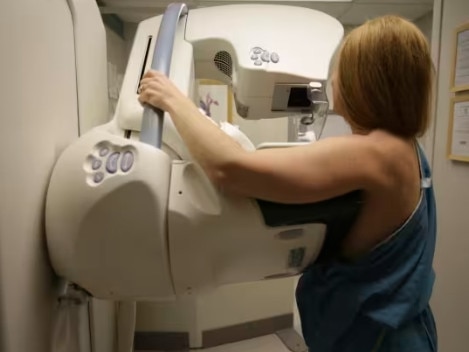
Women with a type of low-risk cancer might not have to rush aggressive treatment, some doctors say.
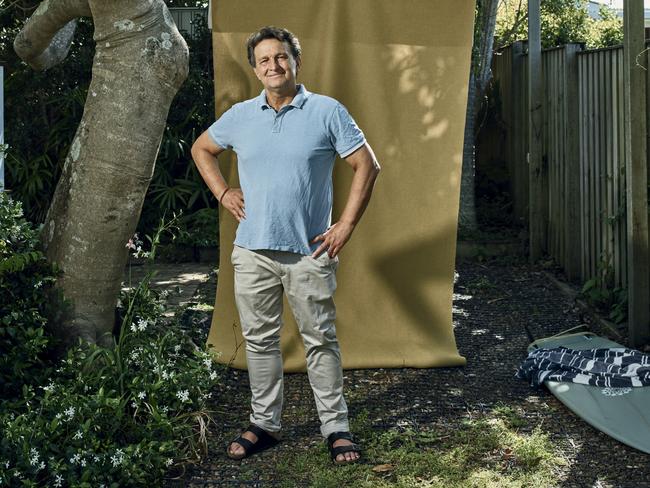
I underwent chemical castration as part of my treatment plan. It ended my marriage and left me certain I would live without intimacy, but against the odds I restored my sexuality.
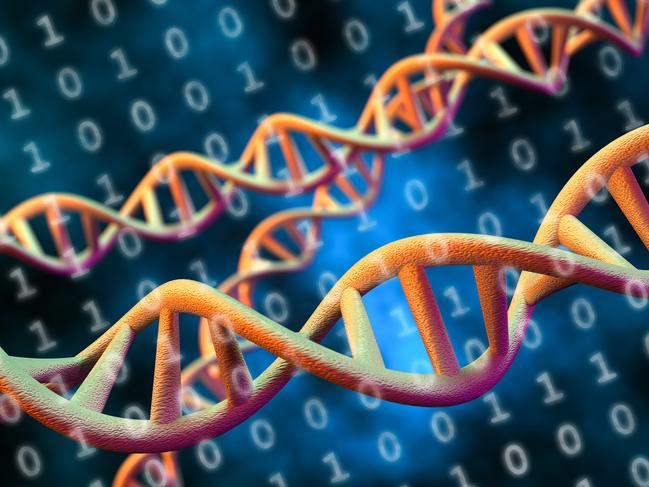
It’s one of the great promises of genomic medicine – all children with a rare disease will have their genetic disorder pinpointed and treated.
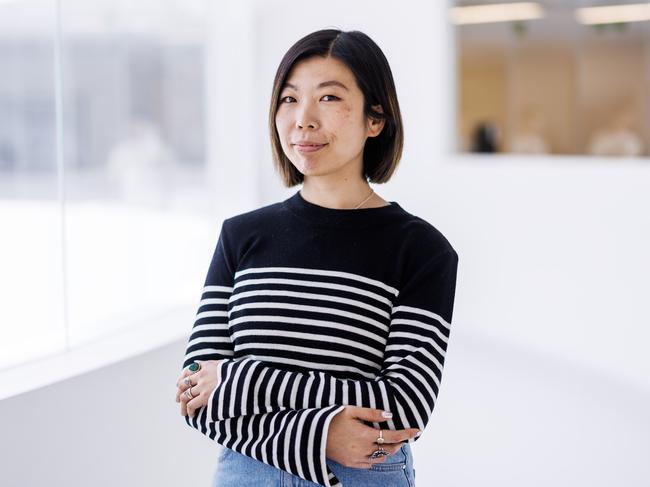
Layla Zhu’s experience fighting her own breast cancer has given her a greater understanding of how Peter Mac’s new centre for genomic medicine will help its patients, as well as research.
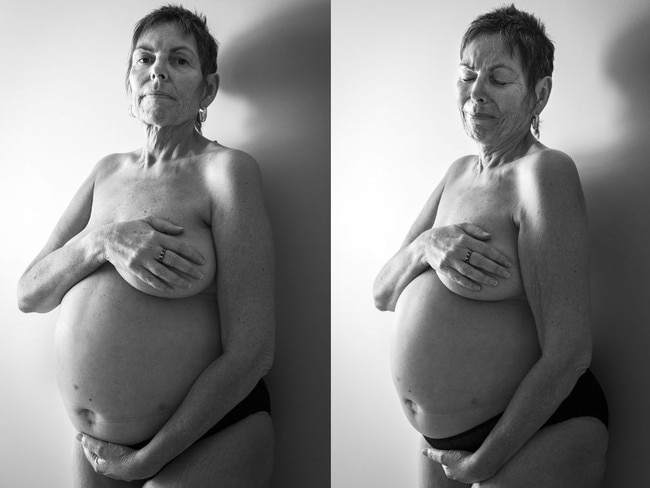
Midwife Annette Rockley adopted the classic Demi Moore pregnancy pose for this portrait as a provocation, a call to action. She died less than three weeks after these pictures were taken.

It has the potential to transform how healthcare is delivered in this country – so why is it not more readily available?

Australian scientists are teaching cells in the body to fight brain cancer on their own, and hope to slash rates of recurrence in one of the most aggressive types of tumour.
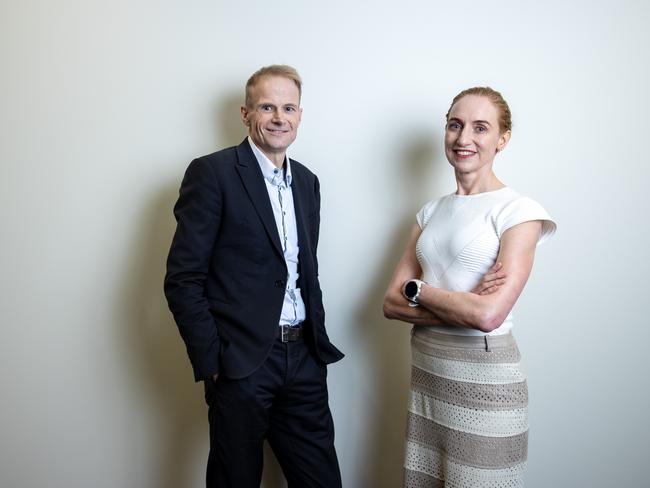
Richard Scolyer and Georgina Long faced the worst possible scenario when Richard was diagnosed with terminal brain cancer. The melanoma researchers fell back on their medical knowledge to make a brave decision.
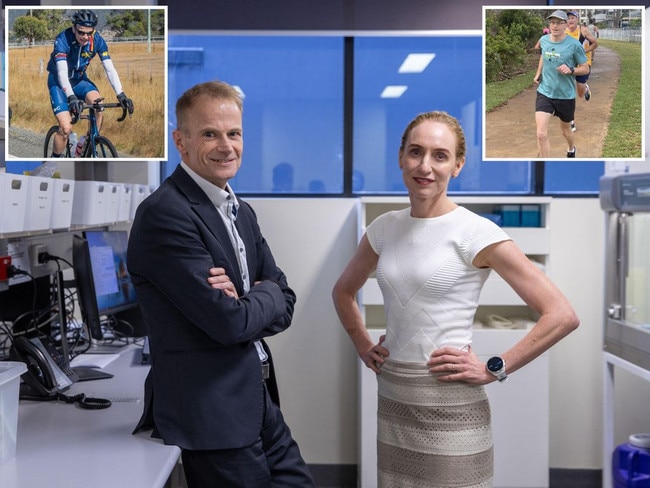
While most people diagnosed with a glioblastoma die within two years, joint Australian of the Year Richard Scolyer is training for an aquathlon and a duathlon, with no sign that his cancer has recurred.
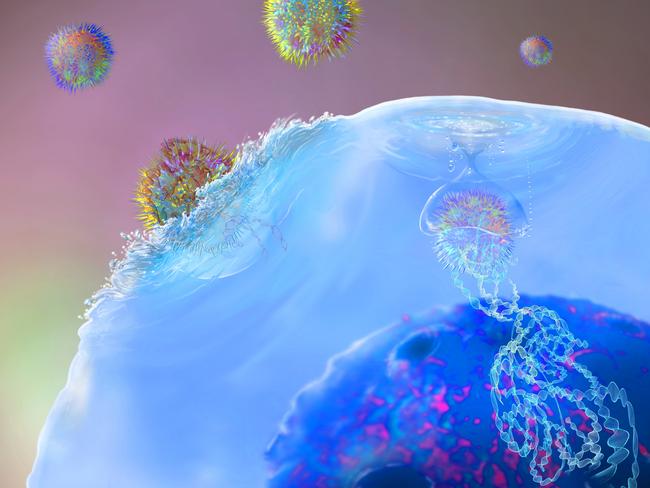
CAR T-cell therapy is a one-off treatment that has fewer side-effects than chemotherapy but currently suffers from very low efficacy rates on solid tumours.

Scientists hail immunotherapy treatment which may provide alternative to mastectomies.
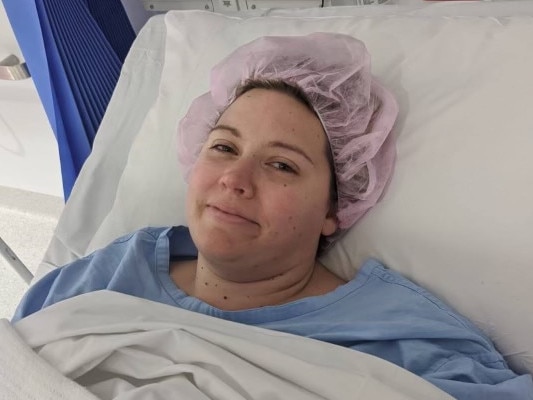
Vaccines would tailor cancer treatment to an individual, with researchers appealing for governments to take the financial burden off charities in the sector.
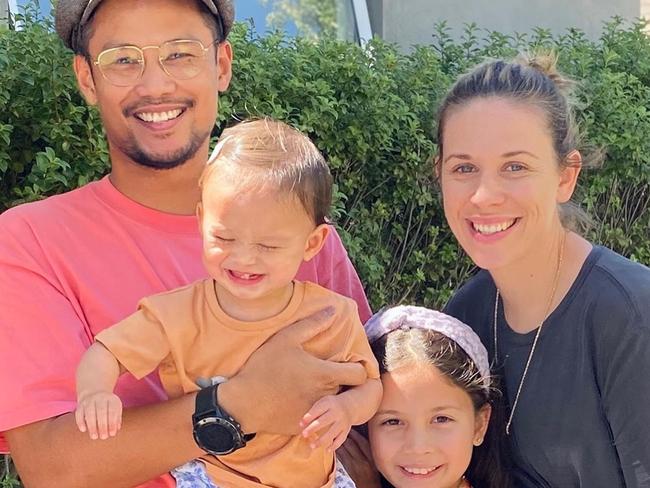
By favouring androgen receptor stimulants over oestrogen blockers, a new study hopes to improve the quality of life for breast cancer patients.

An Australian discovery may hold the key to saving the lives of women with untreatable breast cancer after identifying a crucial molecular process that results in thousands becoming resistant to treatment.
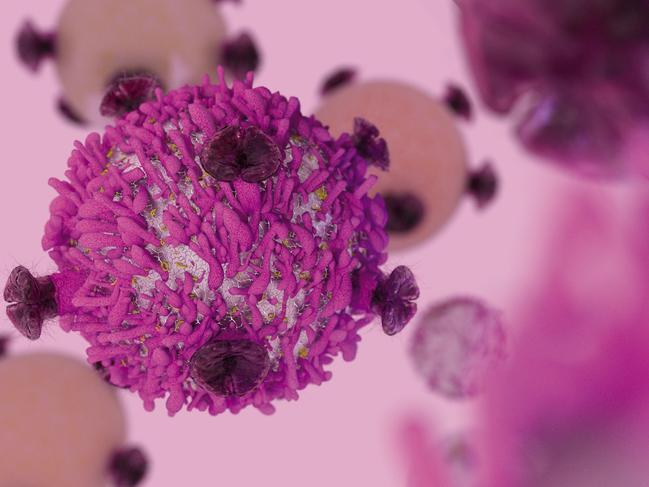
Australian scientists pioneer a new type of therapy, which re-engineers a patient’s own T-cells, that could result in 80 per cent of cancers being curable.
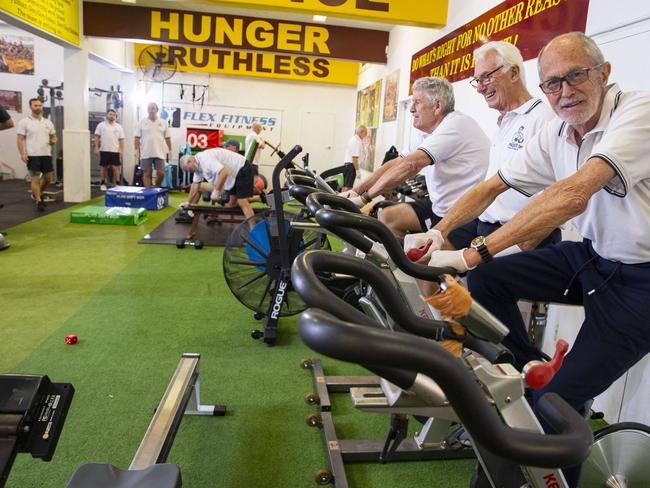
Aggressive prostate cancer has been said to leave men with an impossible choice: treat it and cease to be men, or don’t – and cease to be.
Original URL: https://www.theaustralian.com.au/topics/cancer/page/2